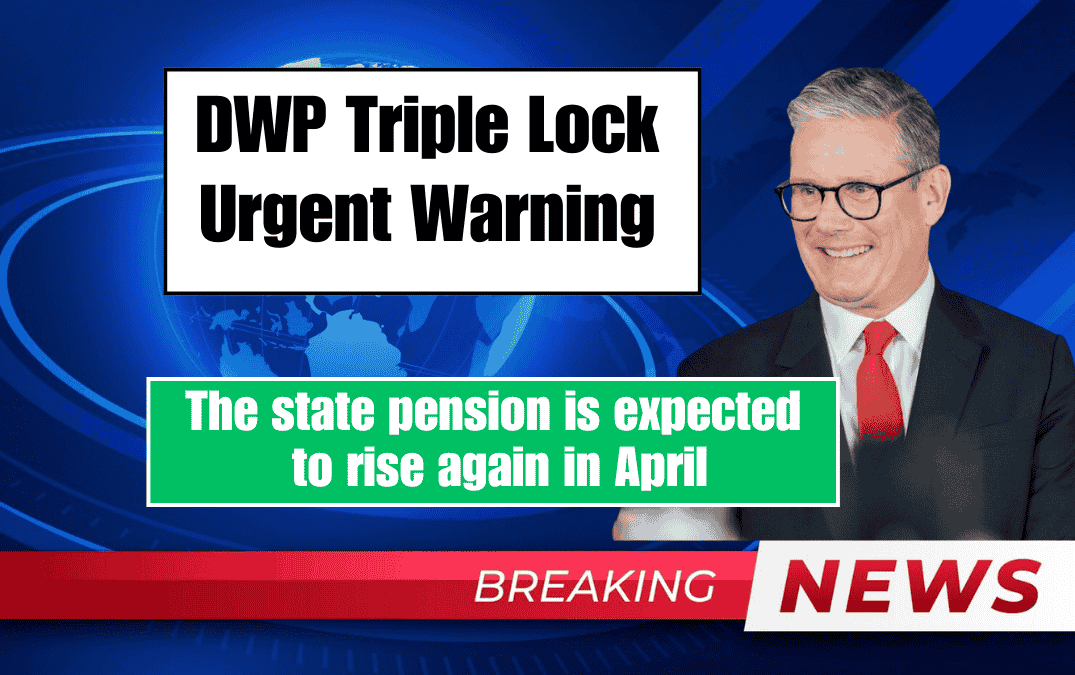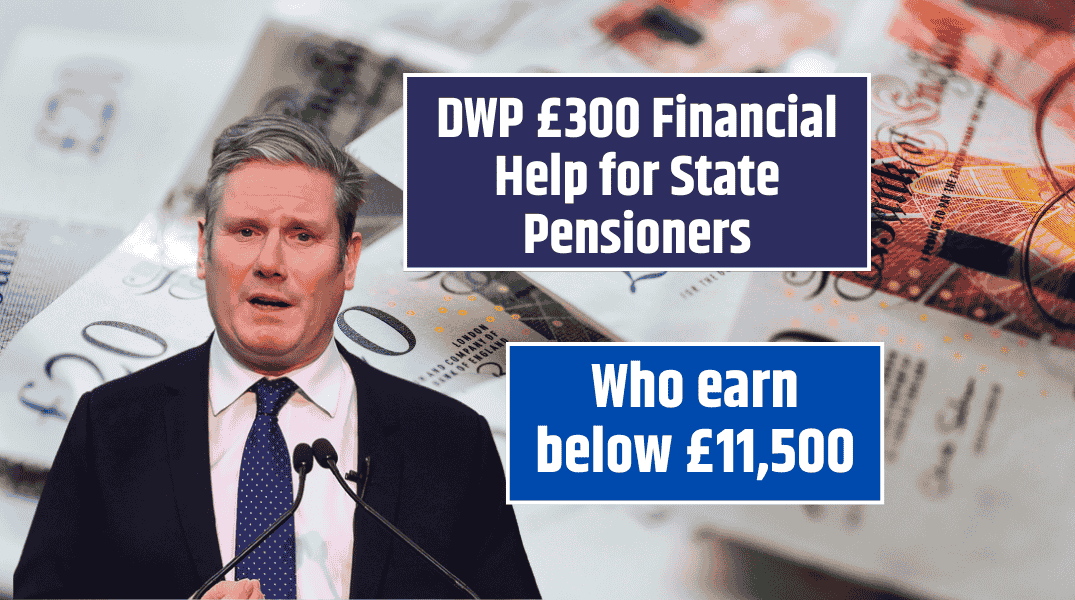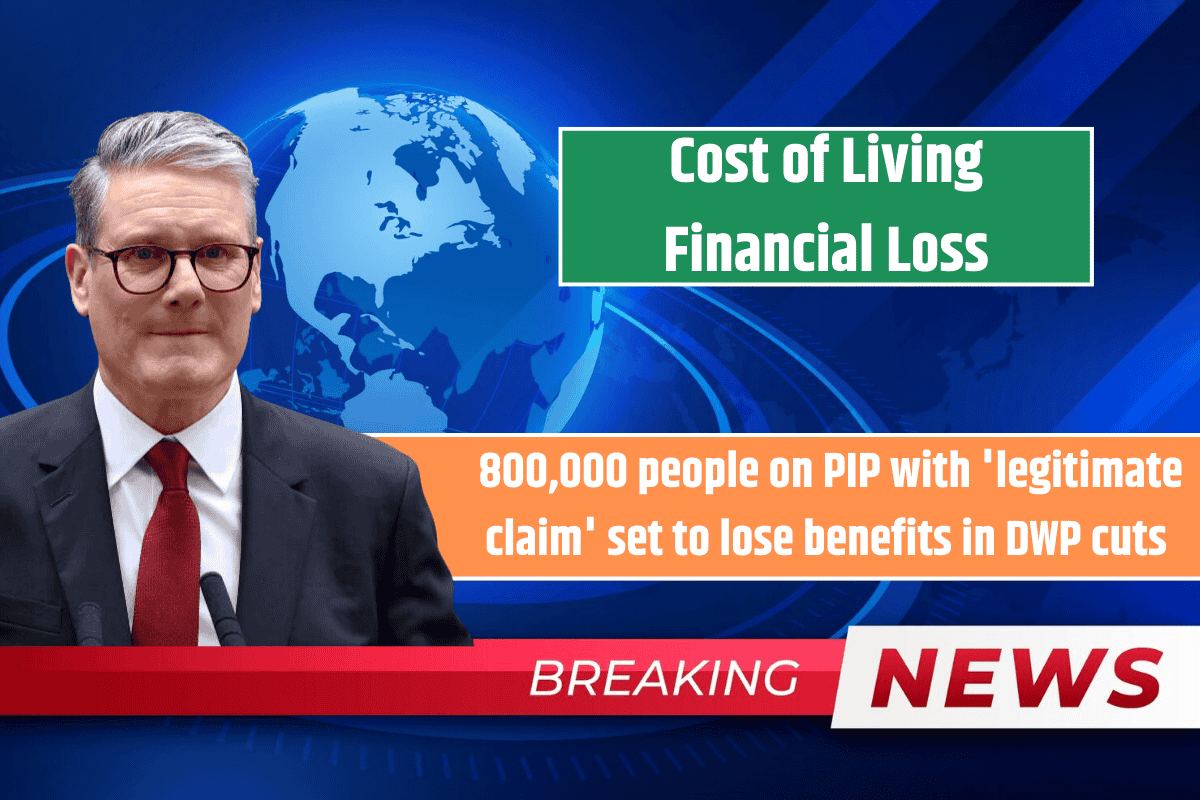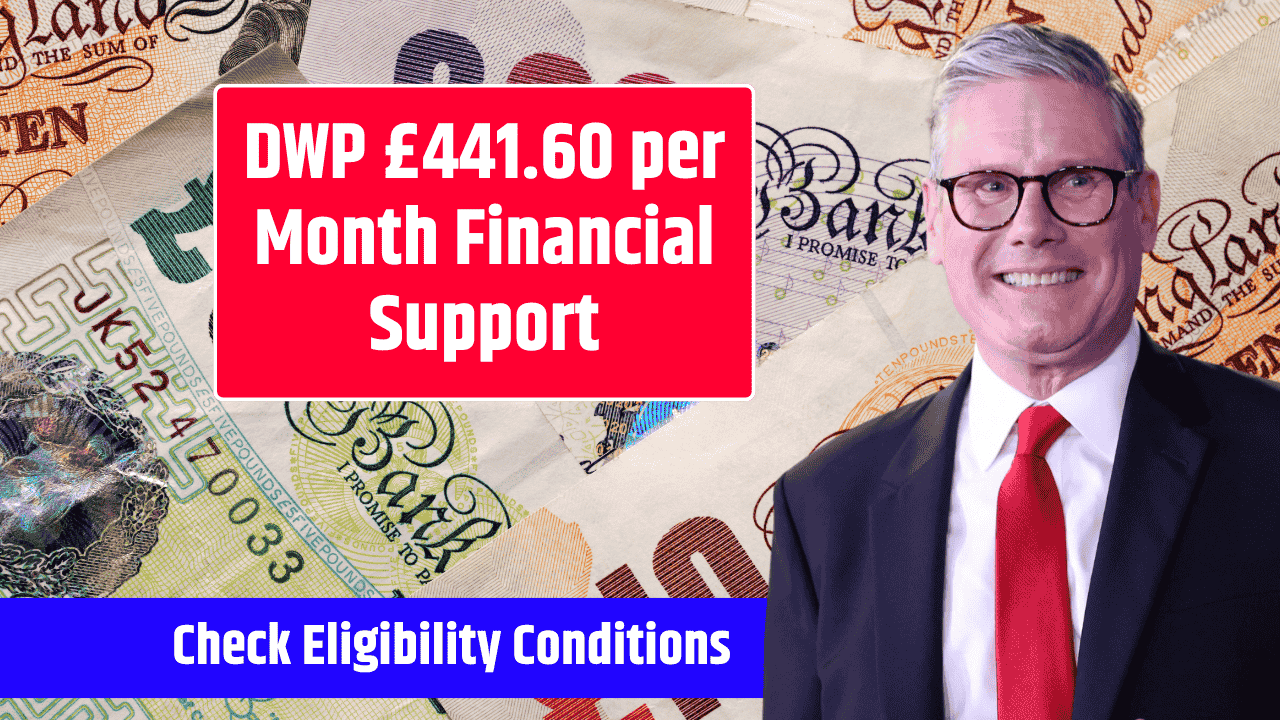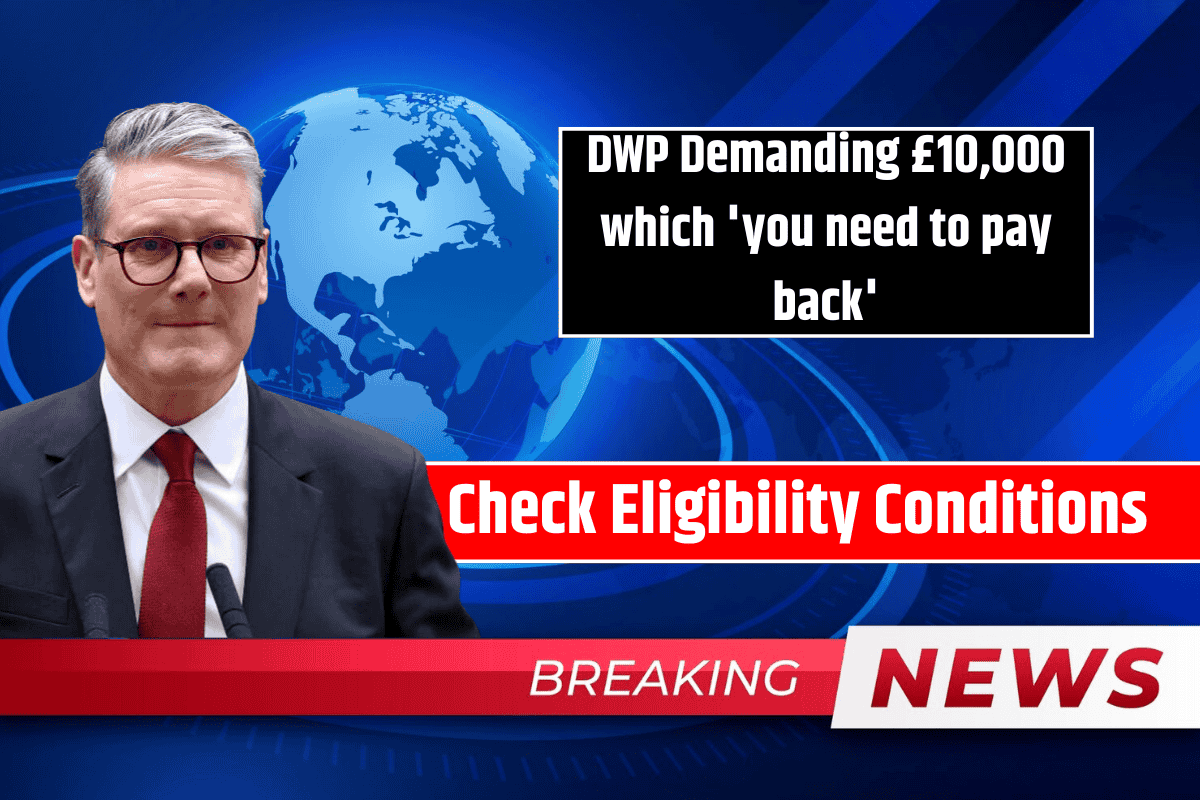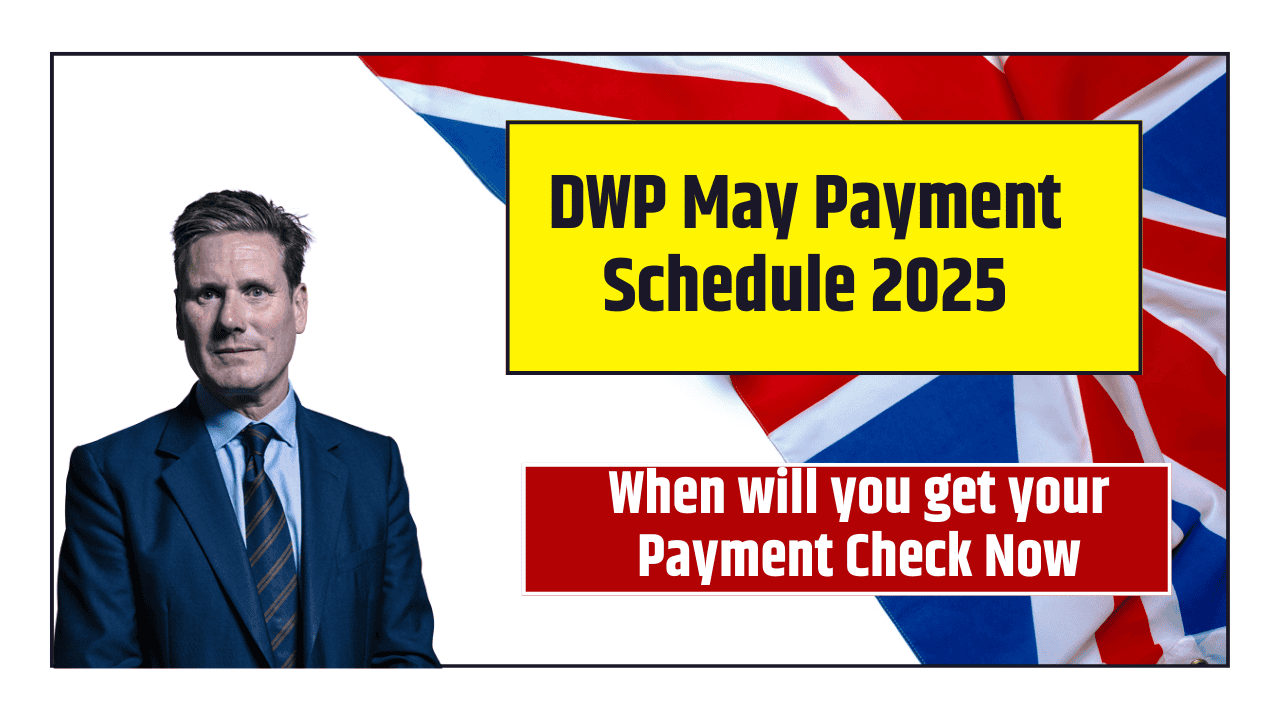Many retired people in the UK could soon face something new—paying income tax on their state pension. Due to the “triple lock” system, the state pension is expected to rise again in April 2026. Experts say this rise might be more than 5%, pushing many pensioners over the income tax threshold for the first time.
Let’s understand what this means, how it could impact pensioners, and what the Government might need to do about it.
What Is the Triple Lock?
The triple lock is a rule that increases the UK state pension each year. It guarantees that the pension rises by whichever is highest among:
- 2.5%
- Average earnings
- growth Inflation
This system helps ensure that pensions keep up with the cost of living. But with wages rising quickly, the next pension hike could bring unexpected tax bills for some.
How Much Will the State Pension Increase?
Personal finance expert Amy Knight from NerdWallet UK explained that if average wage growth hits 5% in September 2025, the full new state pension might go up from £230.25 to about £241.75 per week by April 2026. That’s £12,571 per year, just over the current personal tax allowance of £12,570.
This means more than 1.5 million pensioners who have never paid income tax before may now need to pay it. By April 2026, around 9 million people could be paying tax on their state pension.
Why Is This a Problem for Pensioners?
Many pensioners live on a fixed income and have never had to deal with taxes in retirement. Claire Trott, a retirement expert, warned that people with other income sources will have tax taken automatically under PAYE (Pay As You Earn). But those without other taxable income may need to file a self-assessment tax return—something that’s confusing for many, especially older people who are not comfortable with online forms.
She added that hiring someone to handle this paperwork might cost more than the extra money gained from the pension rise.
Could This Impact Other Benefits?
Yes, crossing the tax threshold doesn’t just mean paying tax. It could also mean losing access to important benefits like Pension Credit or Housing Benefit. Rebecca Lamb from Money Wellness warned that for low-income pensioners, the situation might feel more like a cut in real income than a benefit.
Even a small rise in income could push someone over the limit for help, making daily expenses like heating and groceries harder to manage.
Is the Triple Lock Safe?
The triple lock isn’t actually a law—it’s just a Government policy. So while both major political parties have promised to keep it for now, it can be changed or removed easily. However, doing so could upset many voters, so changes are not expected in the short term.
The final decision on the 2026 rise will depend on official figures for wage growth and inflation, which come later in the year. Right now, wage growth looks like the likely deciding factor, but it could still change.
Are There Long-Term Benefits?
Yes, despite these short-term tax concerns, Claire Trott explained that the triple lock gives lasting value. Every increase is added permanently, which means future pension rises start from a higher base. This compound growth helps both current and future pensioners, even though it also increases the cost for the Government.
The triple lock was created to protect pensioners from falling behind as prices rise. But now, with wages going up quickly and the personal tax allowance frozen, many retired people might have to pay income tax for the first time. For some, this will bring new challenges like handling tax returns and possibly losing access to benefits.
While the increase helps protect income, it may also reduce what many pensioners take home after tax. The Government may need to find a way to balance helping people without making life more complicated for those on lower incomes. As April 2026 approaches, many will be watching closely to see what happens next.
FAQ
What is the triple lock?
The triple lock is a system that increases the UK state pension each year by the highest of 2.5%, wage growth, or inflation.
Will all pensioners pay tax from 2026?
Not all, but around 1.6 million more pensioners may start paying income tax if the pension rises above the personal allowance.
What is the personal allowance?
It’s the amount you can earn before paying income tax, currently £12,570 per year.
How much could the pension rise?
If wage growth is around 5%, the weekly pension may rise to about £241.75, or £12,571 yearly—just over the tax-free limit.
Do pensioners need to file a tax return?
Only if their income isn’t taxed under PAYE. Many may need to do self-assessment returns, which can be challenging.
Could benefits be affected?
Yes, going over the tax threshold might make some pensioners lose access to things like Pension Credit or Housing Benefit.
Is the triple lock guaranteed?
No. It’s a policy, not a law, and could be changed or removed by the Government in future.
